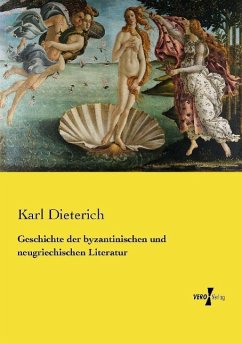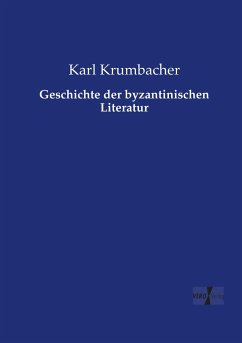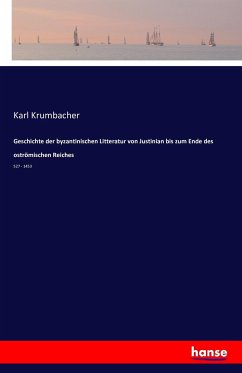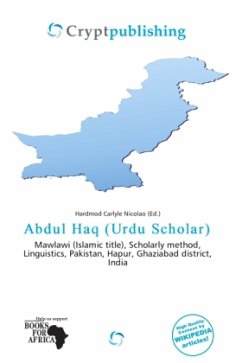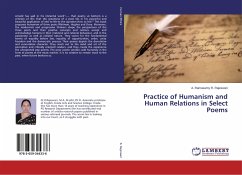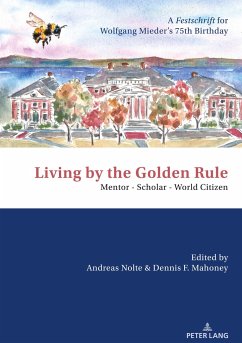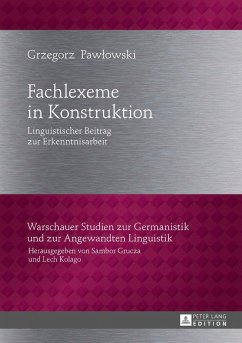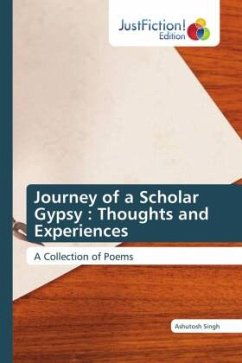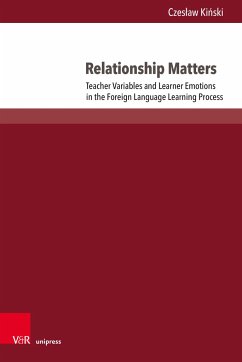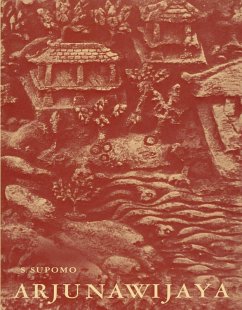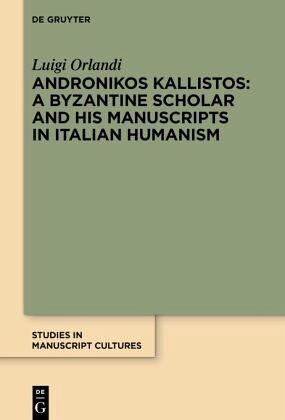
Andronikos Kallistos: A Byzantine Scholar and His Manuscripts in Italian Humanism
Versandkostenfrei!
Versandfertig in 1-2 Wochen
149,95 €
inkl. MwSt.

PAYBACK Punkte
0 °P sammeln!
The interest in Andronikos Kallistos, a leading personality among the Greek émigrés who participated in Italian Humanism, arose at the end of the nineteenth century within the frame of the studies on Byzantine scholars of the Renaissance. Researchers have only glimpsed the depth of Kallistos' erudite personality. To date, nearly 130 manuscripts have been found bearing evidence of his work as a copyist and philologist. However, research into both his scribal and scholarly activity remains fragmented into many isolated contributions, mainly concerning specific chapters of the manuscript tradit...
The interest in Andronikos Kallistos, a leading personality among the Greek émigrés who participated in Italian Humanism, arose at the end of the nineteenth century within the frame of the studies on Byzantine scholars of the Renaissance. Researchers have only glimpsed the depth of Kallistos' erudite personality. To date, nearly 130 manuscripts have been found bearing evidence of his work as a copyist and philologist. However, research into both his scribal and scholarly activity remains fragmented into many isolated contributions, mainly concerning specific chapters of the manuscript tradition of classical Greek authors. Adopting a synergistic approach to historical, philological, codicological, and paleographic data within this framework, this monograph study aims to fulfil the following tasks: outlining an updated biography; defining Kallistos' scribal activity better by means of a thorough examination of all surviving manuscript sources; attempting to reconstruct the development of his book collection; acknowledging Kallistos' scholarly activity both as a teacher and philologist; making an inventory of all the manuscripts which bear traces of his writing; and, finally, publishing Kallistos' works.





